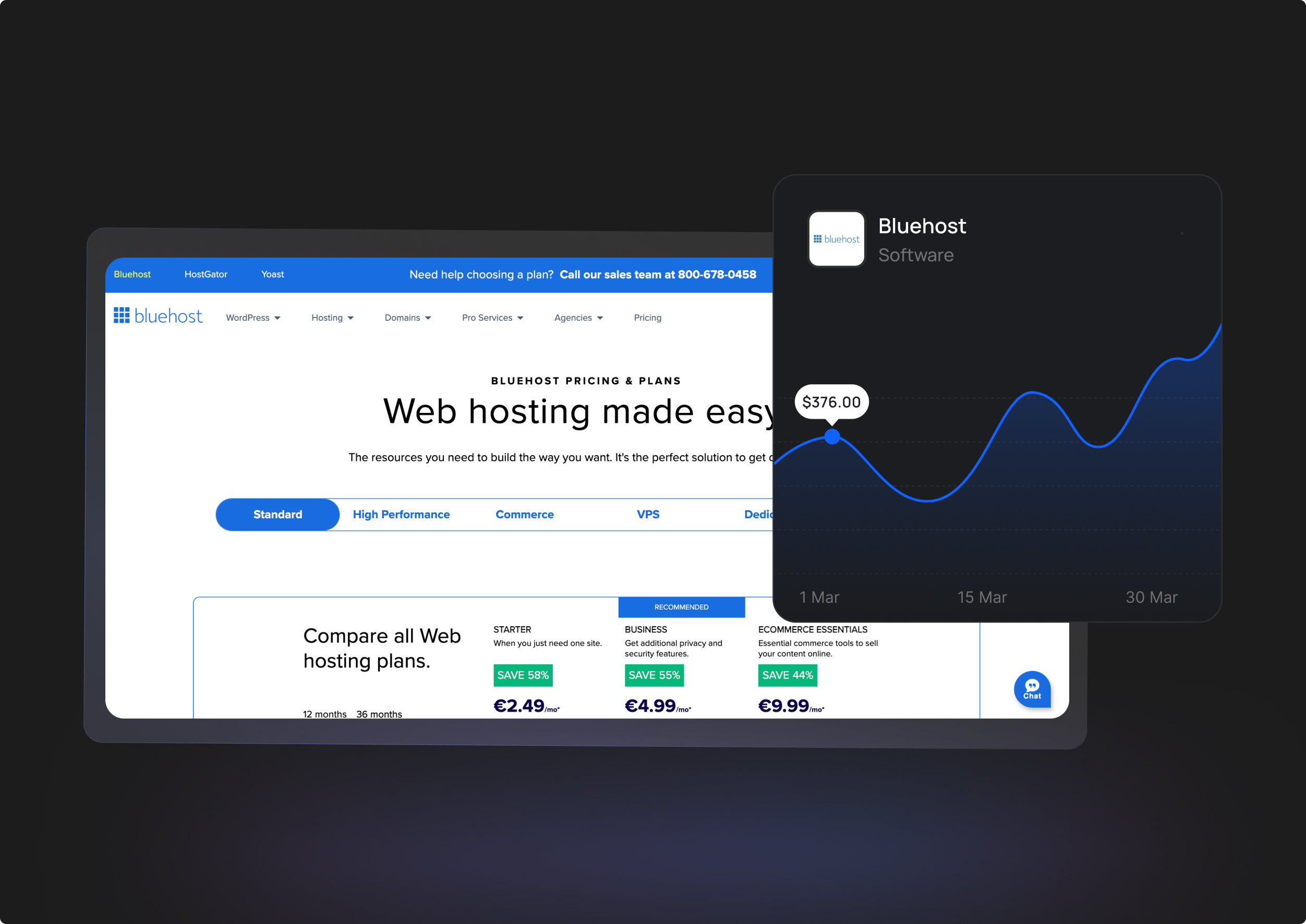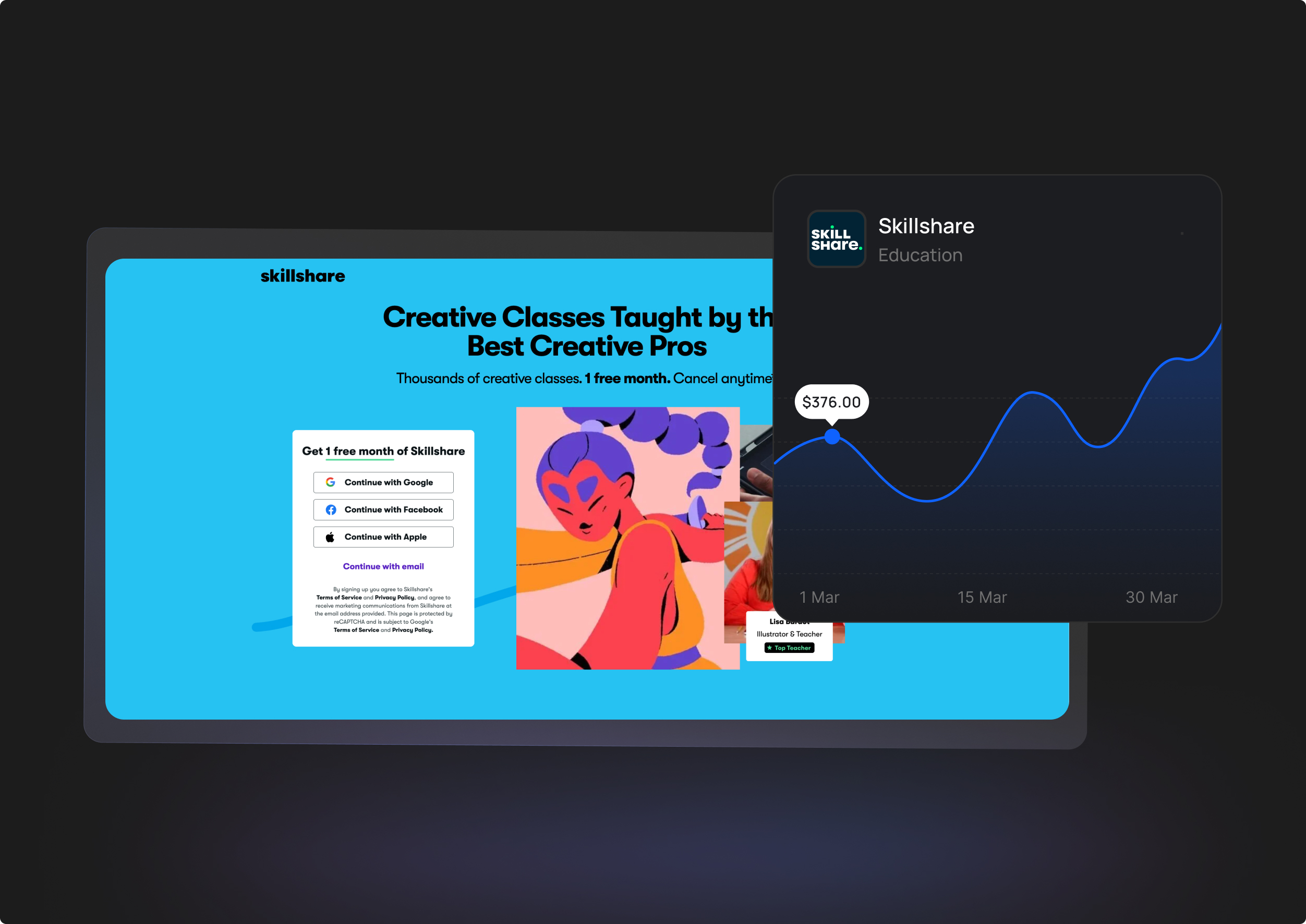3 Hot Affiliate Marketing Trends for 2024 You Can't Miss
We've spotted some trends that can help boost your affiliate program in 2024. Let's get into it.
Over the last ten years, affiliate marketing has changed a lot because of new marketing channels, tech advancements, and shifts in how people shop.
Sure, we can't predict every single move the industry will make next year, but we can lean on our insights to give us a clearer picture. We've spotted some trends that can help boost your affiliate program in 2024. Let's get into it.

AI
AI-driven affiliate matching is already here, making outreach and recruitment much easier. It cuts down on the heavy lifting of managing programs and helps them grow faster.
Affiliate platforms now have some great automation features:
- Spot and analyze potential partners and their audiences.
- Approve or reject affiliate applications based on specific criteria.
- Catch and block fraud.
- Offer personalized support to affiliates.
- Suggest ways to optimize performance.
Another useful AI tool is A/B testing. It lets you compare two versions of a campaign to see which one performs better. By testing different elements, you can find the combo that gets the most conversions.
AI-driven features like chatbots improve user experiences, leading to more conversions. They save brands time, energy, and resources, boosting sales. In 2024, jumping on the AI bandwagon isn't just a nice-to-have—it's a must for affiliate marketers.
TikkTok & Amazon
TikTok and Amazon made big moves in the affiliate space in 2023. TikTok launched Shops, and Amazon rolled out its Inspire platform. These new platforms are set to shake up the industry this year.
They're stepping onto each other's turf, which puts them in direct competition. TikTok's approach uses an affiliate model, similar to Amazon’s, but it relies on creator content to drive the commerce wheel. Influencers should keep it subtle and relatable, using short, humorous, and concise content to engage and educate their audience on TikTok, especially the younger crowd.
Amazon teamed up with creators through their Amazon Associates/Influencer Program to make content that appears directly on their site. Affiliates use live stream videos to promote niche products and include links to buy those products on Amazon.
Since this original content appears on your site, think about offering different commission structures. You might want to provide higher commissions or bonus incentives for affiliates who create content for your site.
Metaverse
Many companies are diving into the metaverse, focusing on boosting customer experience and brand loyalty.
They’re letting users create and sell unique products in the metaverse, like Nike’s “.Swoosh” marketplace. Brands can offer creators the chance to design their own digital assets and earn commissions from sales.
Affiliate marketers can use this immersive world to craft interactive campaigns that grab their audience's attention. Whether it's hosting virtual events, sponsoring in-game activities, or creating branded content, there are endless ways to engage consumers in the metaverse.
Companies can also have affiliates promote virtual products they create, opening up new revenue streams.
Affiliate marketing in the metaverse is still new, so there’s plenty of room to experiment and find what works best for your business.
The ever-changing marketing space keeps marketers on their toes, pushing them to stay informed, adaptable, and ready to embrace new strategies and technologies. Affiliate marketing has always been a key player, helping businesses expand their reach and connect with audiences through trusted sources.
Looking ahead to 2024, staying on top of these trends is crucial to unlocking the full potential of B2B affiliate marketing.


